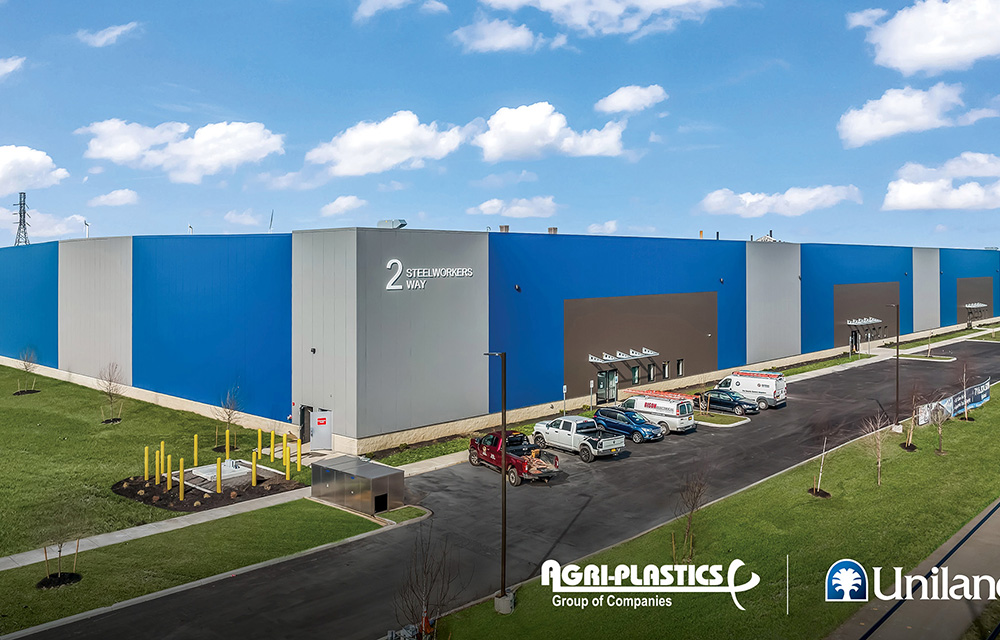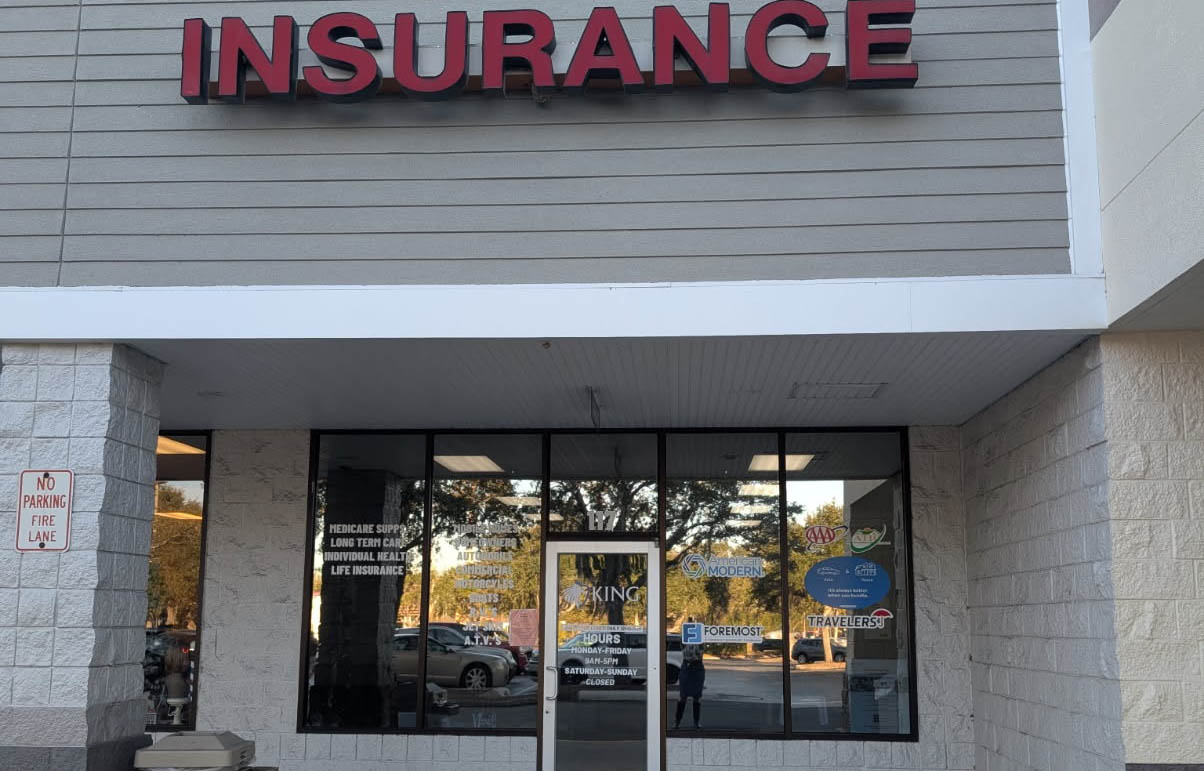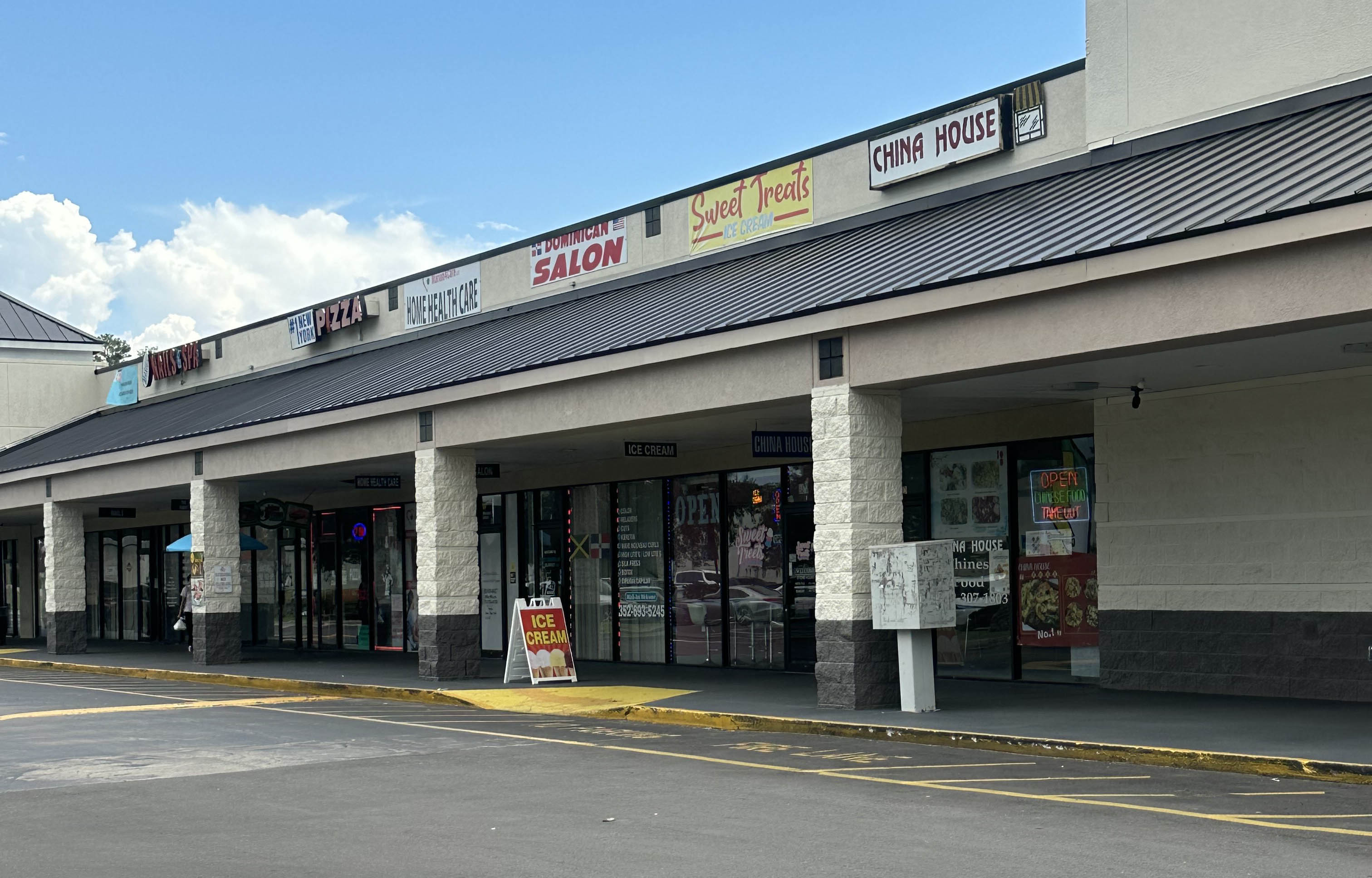How open banking and AI helps verify renter reliability - by Omri Dor

If you have ever used a financial management tool or an investment app, you’ve probably benefited from open banking. In fact, eight out of 10 U.S. consumers are already connecting their bank accounts to third-party apps, Mastercard’s open banking report shows.
Open banking gives users the right to choose if and how they want to share their financial data with a third party outside of their banks. As a result, a number of innovative services and applications have come to life, helping consumers manage their finances, get cheaper loans, invest their money, and generally make their lives easier.
The real estate industry is quickly adapting to this trend in recent years. At Obligo, we use open banking data and AI-based underwriting to determine a renter’s eligibility to rent a home without putting down a security deposit.
How Obligo Uses Open Banking Data
When renters connect their bank accounts to Obligo via Plaid (a fintech company that facilitates communication between financial services apps and users’ banks and credit card providers), Obligo is able to get anonymized, aggregated financial indicators that help to understand the renter’s financial standing.
An example of those financial features would be the average balance in a renter’s bank account in the last six months, divided by their monthly rent. A low number means there isn’t a lot of cash floating in their account, which can potentially be a riskier situation. Financial features such as this are far less biased than things like credit scores, background checks, employment history or past landlord references. Using open banking, it’s relatively easy to create many such financial features that are unbiased and just ‘make sense.’ But that’s just the first step.
Uniquely, Obligo has the ability to join these financial indicators with the dataset of historic lease outcomes. Did the renter break the lease? Did they renew? How much debt was owed to the landlord? Using machine learning and AI, Obligo is able to understand what financial features have the strongest predictive value for those lease outcomes. We are then able to present simple and transparent paths for the renter to qualify.
Open banking as a practice is highly secure and trustworthy, and there are a lot of regulations in this space to ensure people’s data security. At Obligo, renters’ financial data is saved behind three layers of protection. It’s anonymized, encrypted, and inaccessible to anyone.
The majority of our applicants already trust open banking: when given two options to qualify for deposit-free living—using micro-deposits or instant verification with open banking—85% of our renters choose the latter.
Why Open Banking Is Better Than FICO
Traditionally, renters need to go through a credit check and a background check before they can be approved for a rental application. A low credit score alone can usually be a deterrent in this process, even if the renter has the means to pay the full rent. As we all know, different communities have vastly different FICO scores in ways that have nothing to do with their creditworthiness. Gen Z’s have been known to use credit cards much less. City folk don’t buy cars, so they don’t have an auto loan repayment history to build their credit. Not to mention the reality of different access to education.
Open banking data enables a more flexible and equitable way to screen applicants. For instance, it’s hard to improve your FICO score even when your overall finances are improving, but open banking allows Obligo to look at how renters are behaving financially, beyond just a credit score. We’re building this model based on 1-2 years of renters’ financial history, so our solution also avoids the inherent bias in credit scores.
Since Obligo handles the move-out process, we have visibility into the outcome of every lease, enabling a true machine learning cycle to take place. With open banking data and lease outcomes from past renters, we get a more holistic, dynamic view of renters’ financial strength and creditworthiness.
Benefits for Property Managers & Renters
With rich open banking data, AI can easily verify renters’ incomes and determine whether they are reliable financially. Both property managers and renters can save hours of time on paperwork, making the move-in experience simple and frictionless.
Typically, running a credit check, background check, and income verification costs around $15 for each renter. Managers of multifamily property with many units can significantly reduce costs by using open banking to verify renters, which boosts their bottom line as a result.
Between the increased operational efficiency, elevated resident experience and boosted bottom lines, open banking is a gift for property managers who want to step into the future.
Omri Dor is co-founder and COO at Obligo, New York, N.Y.
Hanna Commercial Real Estate brokers Agri-Plastics 64,000 s/f manufacturing facility lease at Uniland’s 2 Steelworkers Way


Strategic pause - by Shallini Mehra and Chirag Doshi

AI comes to public relations, but be cautious, experts say - by Harry Zlokower

Lasting effects of eminent domain on commercial development - by Sebastian Jablonski









.jpg)

.gif)